
Speakers discuss cross-border e-commerce at a panel in Los Angeles on Nov 16. (RENA LI/CHINA DAILY)
Chinese entrepreneurs are reshaping cross-border e-commerce through resilience and innovation amid geopolitical tensions, according to latest industry analysis.
Jeff Chien, a senior vice-president at the Plug and Play company, emphasized the enduring strength of the entrepreneurs during a recent panel discussion in Los Angeles.
"Post-COVID, we've seen Chinese startups venturing abroad with remarkable optimism," Chien told the forum.
"As investors, we are drawn to three main startups: gaming, e-commerce infrastructure and traditional businesses. These areas are proving resilient, offering strong cash flows even in turbulent times."
Gaming was a natural forte for Chinese entrepreneurs, long before its wave of global expansion, Chien said.
"China's expertise in e-commerce infrastructure — ranging from logistics optimization to advanced payment systems — provides a competitive edge. Meanwhile, the success of traditional businesses underscores the adaptability of Chinese entrepreneurs in catering to local tastes while maintaining operational efficiency."
Paul Zhang, head of business development at e-commerce platform AliExpress, highlighted the importance of localization in reshaping the global retail landscape.
"Our strategy is simple — adapt to the unique needs of each market," Zhang said. "We collaborated with local celebrities and brands to build trust. In the United States, quick delivery is paramount, so we're enhancing our logistics network to ensure five-to-eight-day delivery times."
The localization strategy has positioned AliExpress as a key industry player. According to a report by research firm eMarketer, the platform holds a 15 percent market share in cross-border online retail, making it a go-to choice for millions of international shoppers.
Max Liang, senior business development director at Zyla, a subsidiary of fintech major Ant Group, stressed the critical role of compliance with local laws in achieving long-term success in cross-border e-commerce.
"To us, the first thing is compliance in this market," Liang said. "We have been diligent in securing all required licenses to operate in the US and ensuring that our business aligns with local regulations."
Liang highlighted the company's transition from a China-centric operational model to a decentralized approach.
"We've built a local team that reflects the diversity of this market — Americans, Chinese Americans, and different backgrounds. This ensures we can better understand and respond to local needs," he said.
Innovation in digital payments has played an important role in the field. Liang discussed Zyla's pioneering blockchain solutions, enabling real-time dollar-renminbi payments for cross-border merchants.
"Blockchain is revolutionizing this space by making transactions faster, cheaper and more transparent," he added.
Digital payment platforms such as Zyla are being seen as critical in supporting China's growing presence in global e-commerce.
China processed more than $67 trillion in mobile payments in 2022, reflecting the country's technological edge in fintech, according to data compiler Statista.
Global presence
John Xiao, vice-president of Hikvision, a leading provider of video surveillance products, offered suggestions on how to navigate the complex US regulatory environment while maintaining a global presence.
"Technology is often ahead of regulation," Xiao said. "However, regulation is crucial to safeguard fairness, transparency and security, especially in protecting personal data and intellectual property."
He pointed to Shanghai as an example of technology enhancing urban safety and quality of life. "At the end of the day, technology benefits people's lives. While regulations may pose temporary headwinds, they ultimately align with fostering sustainable innovation."
Xiao underscored the broader challenge for Chinese tech companies operating in the US market. Despite increased scrutiny under measures such as the US CHIPS Act and restrictions on certain exports, companies such as Hikvision demonstrate how compliance and innovation can coexist.
Anna Yu, chief growth officer at Thunder International Group, a third-party logistics provider, stressed the crucial role of logistics in supporting cross-border e-commerce.
"Chinese brands are shifting from B2B (business-to-business) and B2C (business-to-consumer) models to M2C (manufacturer-to-consumer) models, but they face challenges such as language barriers, regulatory compliance and trademark issues," Yu said.
To overcome those obstacles, the company launched a new platform that connects sellers with tailored logistics and warehousing solutions.
"We serve as a bridge, helping Chinese brands optimize their supply chains and navigate the complexities of international markets," Yu said.
The China-US e-commerce market has emerged as a powerful driver of economic exchange. According to a report by the US International Trade Commission, cross-border e-commerce grew at an annual rate of 16 percent in 2015-22, with China accounting for a significant share of US imports in the sector.











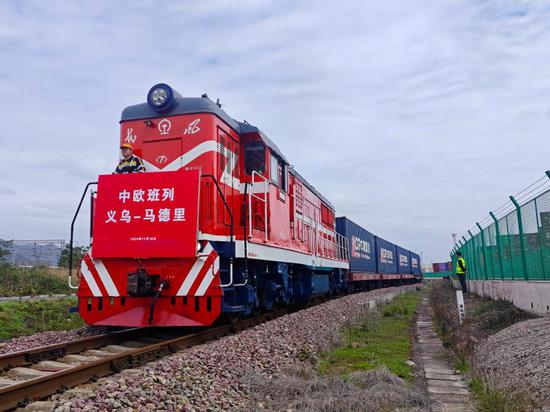

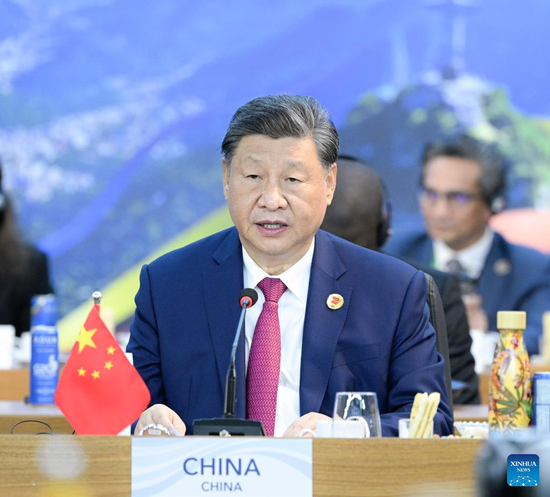



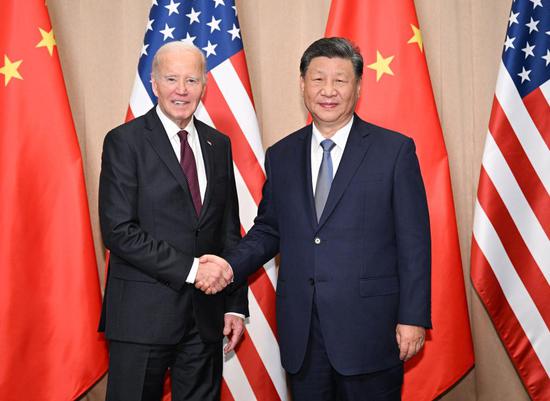

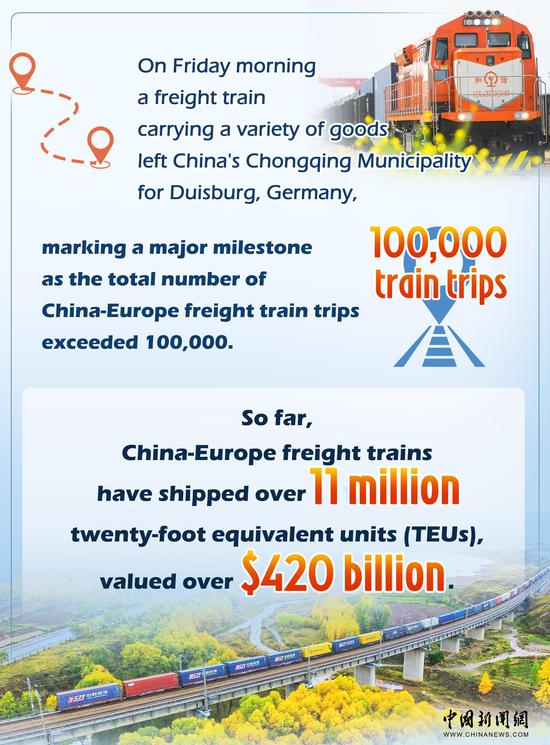








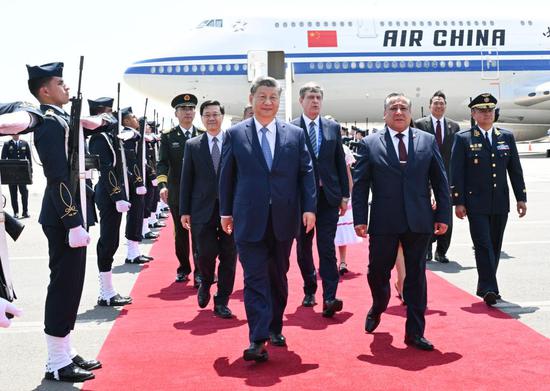





















 京公网安备 11010202009201号
京公网安备 11010202009201号